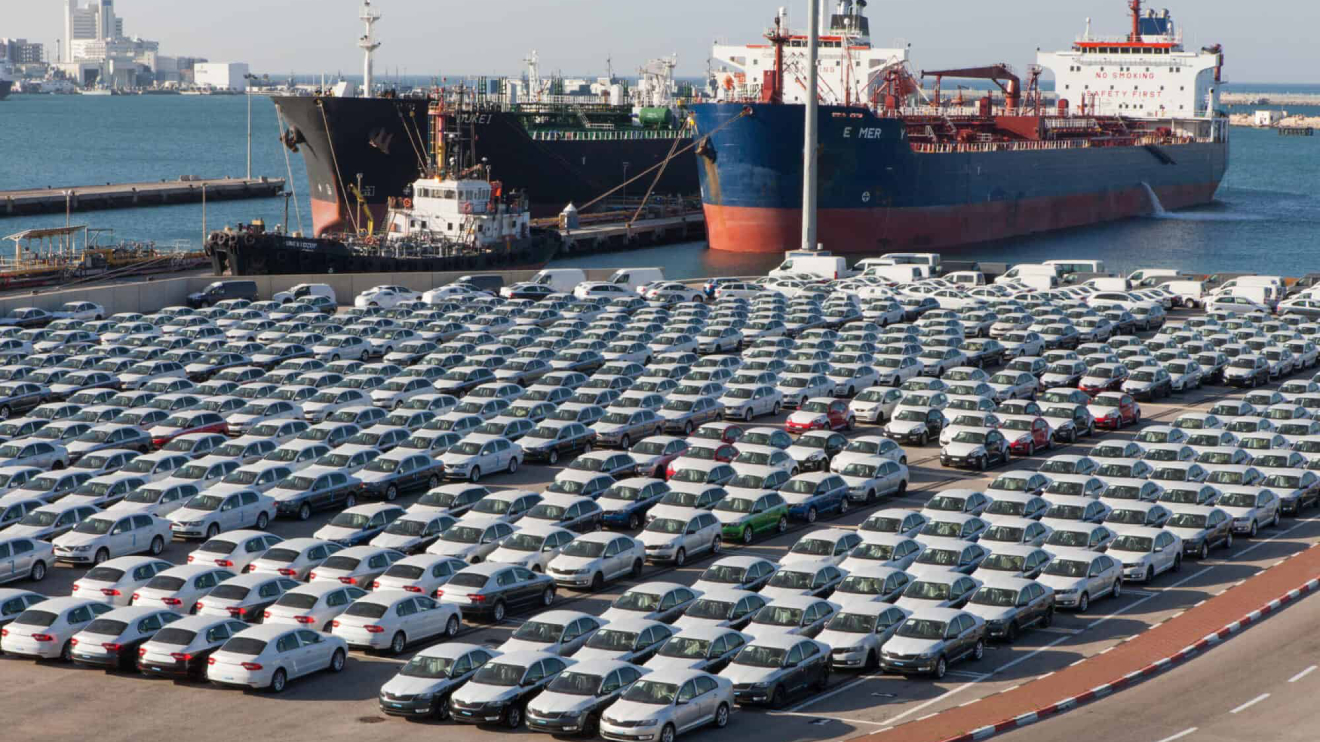Industry data released by the Kenya Motor Industry Association (KMIA) reveals a substantial slump in new vehicle demand in Kenya for the first nine months of this year.
The decline of 11.68 per cent, a drop from 9,868 units to 8,715 units compared to the same period last year, represents the lowest point since the peak of the COVID-19 pandemic in 2020.
This downturn in demand is attributed to a confluence of economic challenges, including rising prices due to a weakening shilling, elevated inflation, and increasing credit costs.
The decline in new vehicle sales is symptomatic of the current challenging economic environment characterized by mounting taxation on imports, a devaluing Kenya shilling against the US dollar, and the growing expense of borrowing.
Kenyan consumers have been grappling with high inflation rates and largely stagnant earnings, which have collectively eroded their purchasing power.
Read More
Market Leaders Impacted
Notably, the fall in demand has affected all major players in the automobile industry, with the exception of CFAO Motors Kenya.
Isuzu East Africa, the market leader, witnessed an 11.35 per cent drop in sales, decreasing from 4,451 units to 3,946 units compared to the prior year.
Despite the decline in sales, Isuzu maintained its market share, with only a slight increase from 45.11 per cent to 45.28 per cent year-on-year.
Simba Corp, a major player with multiple franchises including Mitsubishi and Proton, also experienced a sales decrease of 18.53 per cent, resulting in a marginal reduction in market share from 10.77 per cent to 9.94 per cent.
Tata Holdings reported a drop of 18.36 per cent in sales, down from 512 units to 418 units compared to the previous year.
The review period also witnessed CMC Motors, which held the Ford, Mazda, and Suzuki franchises, exit the market to concentrate on agricultural equipment.
CMC's sales dropped significantly from 456 units in the January-September 2022 period to a mere 18 vehicles earlier this year, following the change in its business model.
Resilience in the Face of Adversity
However, CFAO Motors Kenya stands out as an exception in the industry, as it managed to buck the downward trend and reported growth in demand.
Following the merger of Toyota Kenya and DT Dobie in May, CFAO now offers multiple brands under one roof, including Toyota, Mercedes, Volkswagen, and Hino.
The company increased its sales by 6.07 per cent, rising from 2,240 units to 2,376 units, consequently boosting its market share in the nine-month period through September from 22.70 per cent to 27.26 per cent compared to the previous year.
The auto industry has faced a slew of challenges this year, including shortages of certain vehicle models, rising interest rates for customers financed by banks, and accumulated pending bills yet to be settled by the government.
The economic landscape, marred by a weakening shilling and inflationary pressures, has forced consumers to make tough choices regarding new vehicle purchases.
The fate of Kenya's vehicle market hinges on the resolution of these economic challenges and the restoration of consumer confidence, as industry players navigate a complex environment in hopes of reviving the demand for new vehicles.


-1757243598.jpg)





-1757244564.jpg)

-1757101509.jpg)